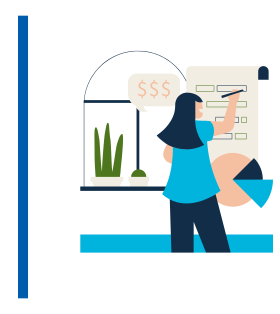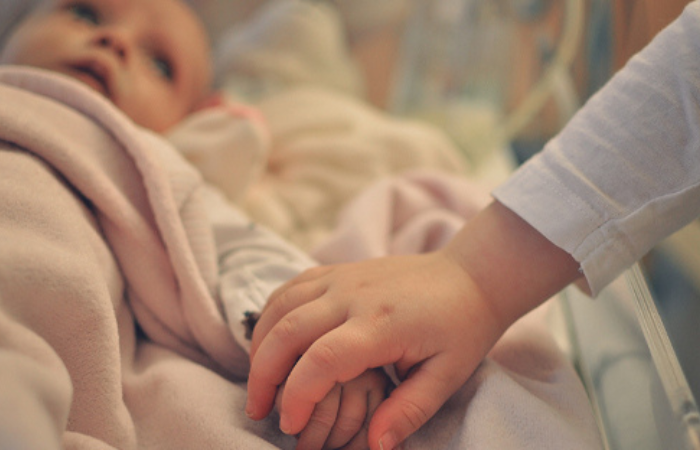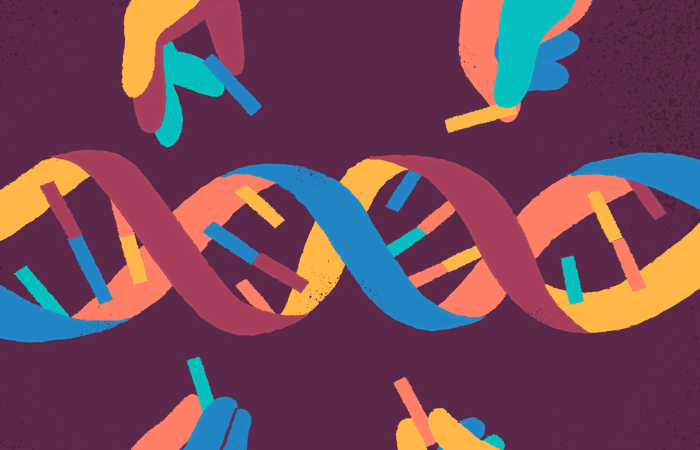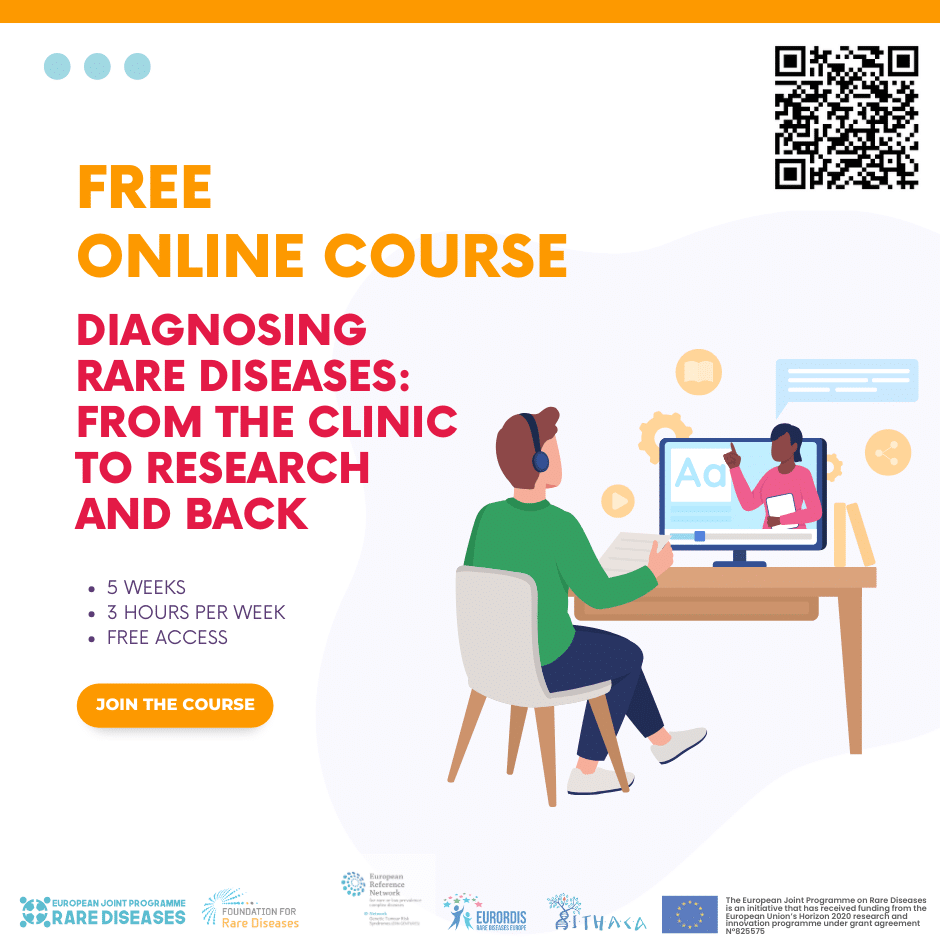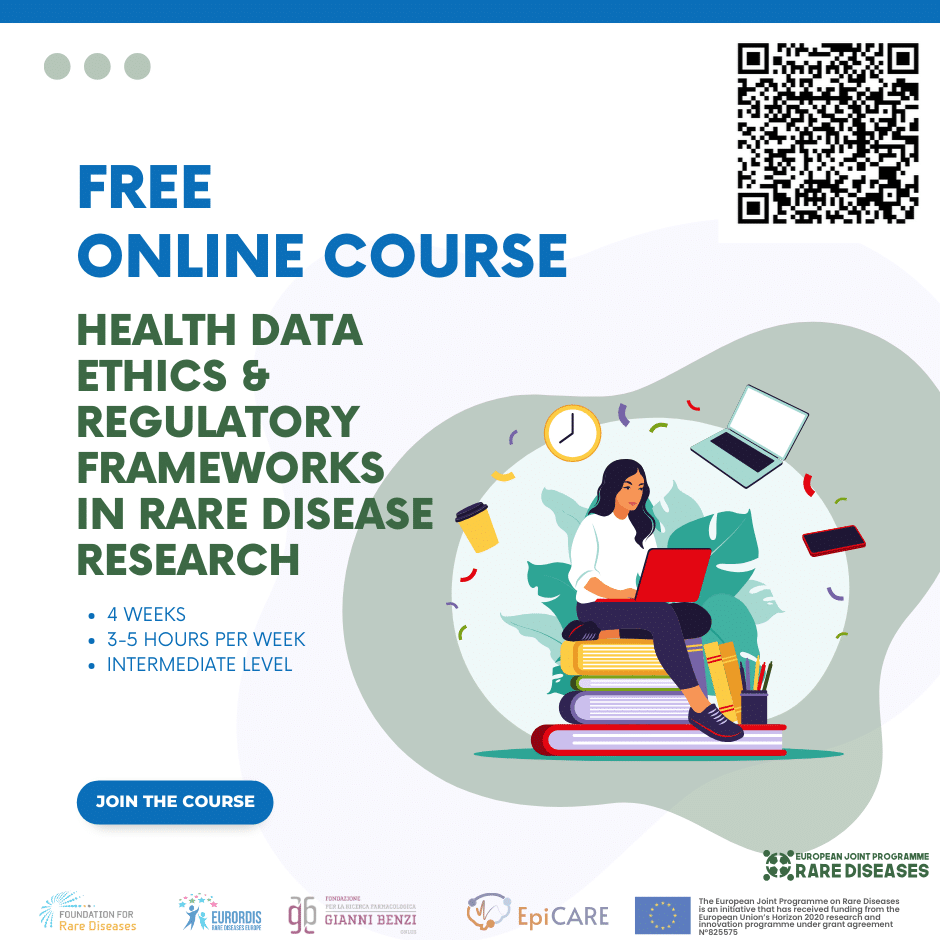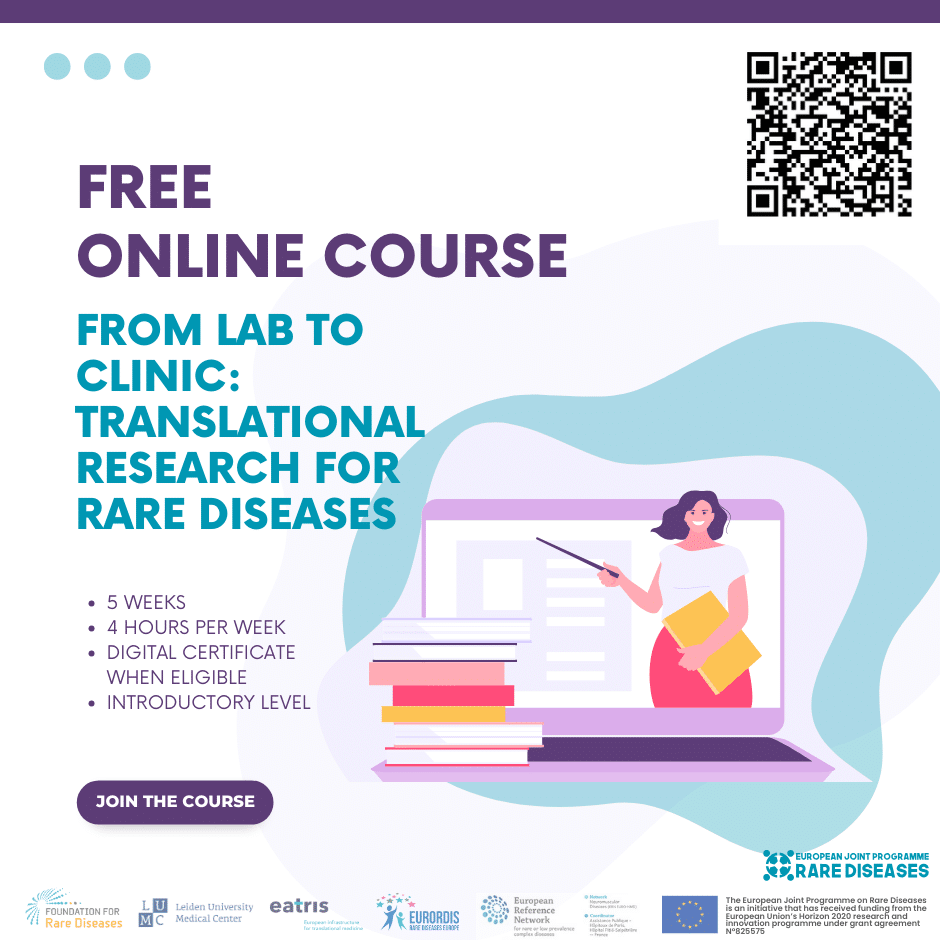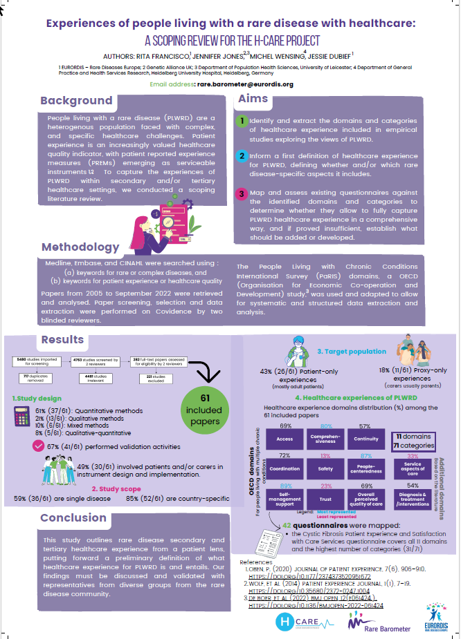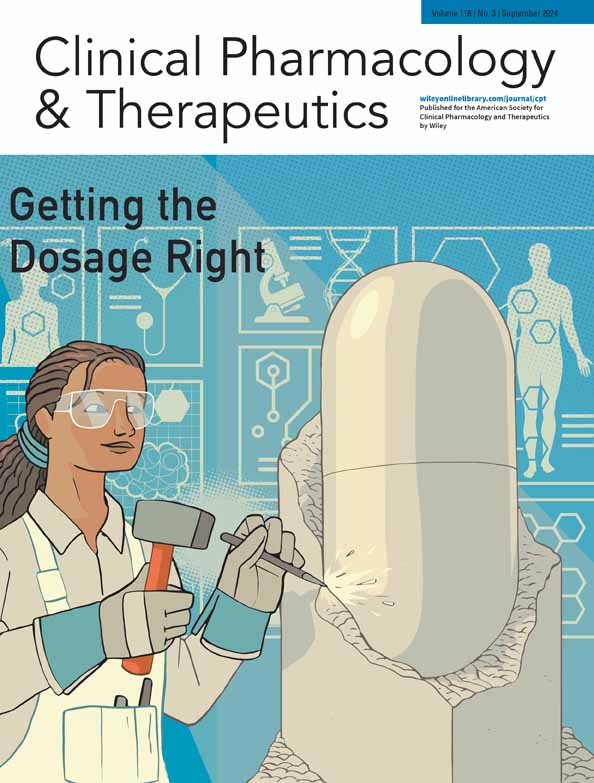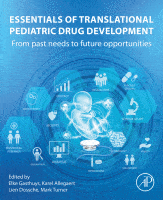
Rare disease research is vital for many reasons. For patients and families living with a rare disease – accounting for around 30 million Europeans or 1 in 17 people – research provides hope for getting an accurate diagnosis, finding effective treatments, and ultimately, a cure. Without research, individuals with rare diseases often face significant challenges, including misdiagnosis, delayed diagnosis, limited treatment options, and reduced access to care.
Rare disease research also provides important insights into the underlying mechanisms of diseases, which can have implications for understanding more common diseases as well. Additionally, rare disease research can contribute to scientific and technological advancements that have benefits beyond the rare disease community.
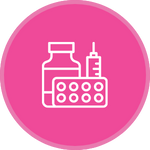
Only 18% of people with rare diseases have participated in research to develop treatments and therapies.
(Rare2030 recommendations, p.95)
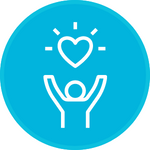
Only 15% have participated in research on the quality of life.
(Rare2030 recommendations, p.119)
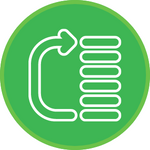
Research on treatments and therapies remains a top priority for people living with a rare disease.
(Rare2030 recommendations, p.119)
Why research matters for rare diseases
Research is incredibly important for people with rare diseases and their families. These conditions often lack proper understanding, which makes it tough for doctors to diagnose and treat them accurately. But through research, we can expand our knowledge, find ways to diagnose these diseases earlier with specific markers and develop innovative treatments.
What’s more, research brings together communities of people affected by rare diseases, connecting patients, families, and researchers. This collaboration leads to patient registries, support networks, and even clinical trials, all of which help improve the lives of those living with rare diseases. And the best part is that research doesn’t just benefit rare disease patients; it has broader implications for all of medicine. It can teach us about essential biological processes and speed up the development of new drugs for many other health conditions.
On top of that, research in social sciences also plays a crucial role in advocating for better support and understanding of rare diseases. It helps shape healthcare policies and influences how funding is allocated, ensuring that these patients get the attention and care they deserve. For people with rare diseases, research offers hope and a sense of community. Knowing that dedicated efforts are being made to understand and treat their conditions brings comfort and empowerment to both patients and their families.
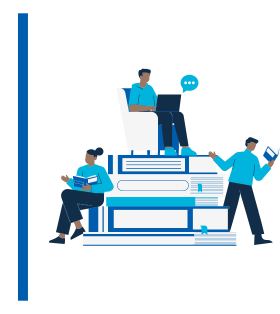
“ Patients and researchers need collaborative efforts to translate basic science into clinical application, address unmet needs and find new ways of diagnosing, treating and curing rare diseases. The Open Academy was a precious opportunity to take proactive steps in research discussions for my disease. It gave me the tools to promote the application of advances in novel technologies, comprehensive data collection and innovative and secure ways of accessing and sharing data. ”
Michela Onali, Open Academy 2019 Alumna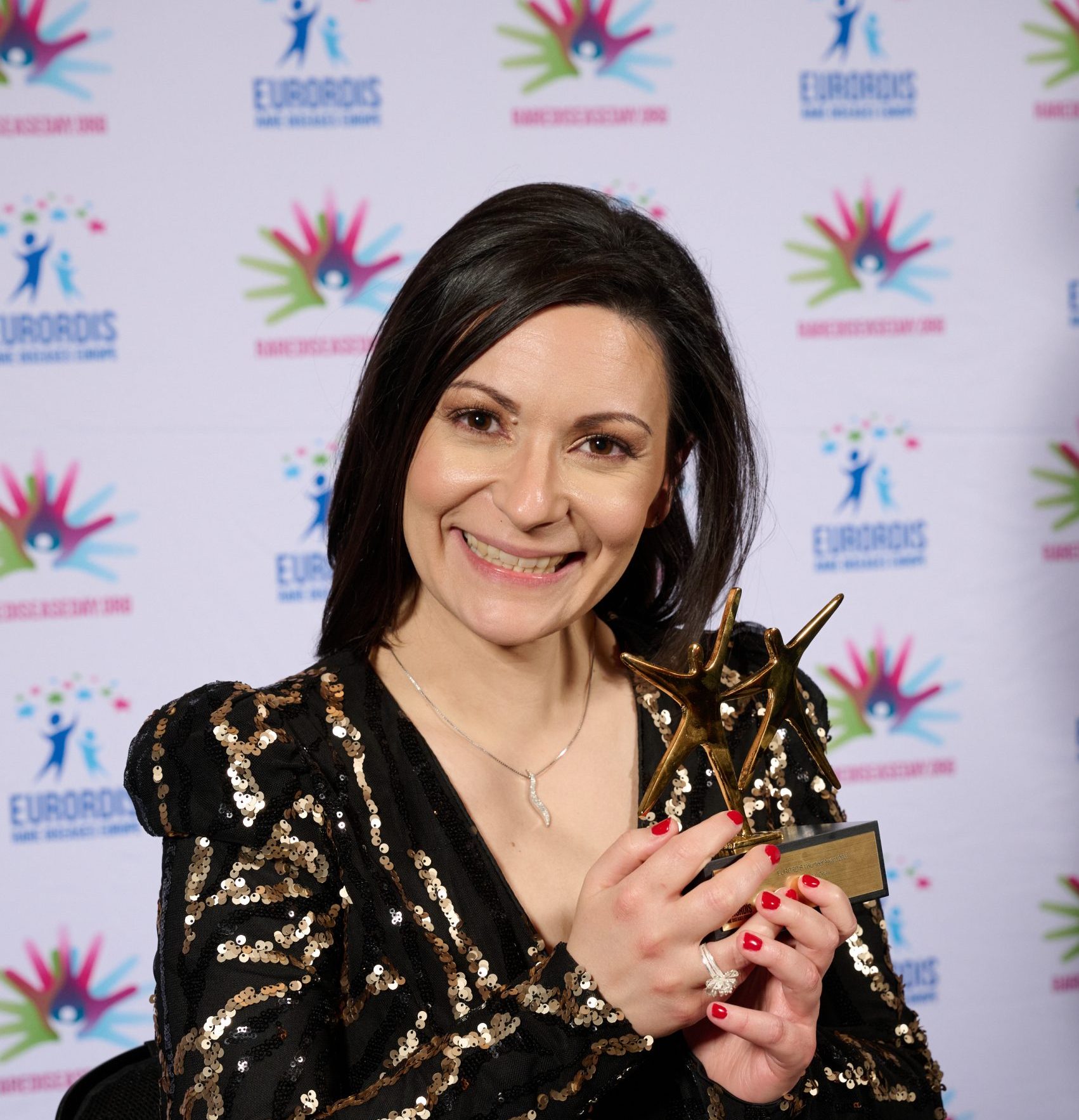
EURORDIS objectives in the area of rare disease research
EURORDIS objectives related to rare disease research: EURORDIS aims to promote and facilitate research into rare diseases, with a focus on developing effective treatments, improving patient outcomes, and advancing scientific knowledge.
1
Promote cross-border collaboration on rare disease research and facilitate patient engagement
2
Contribute to the development of new and optimised diagnostic tools and treatments
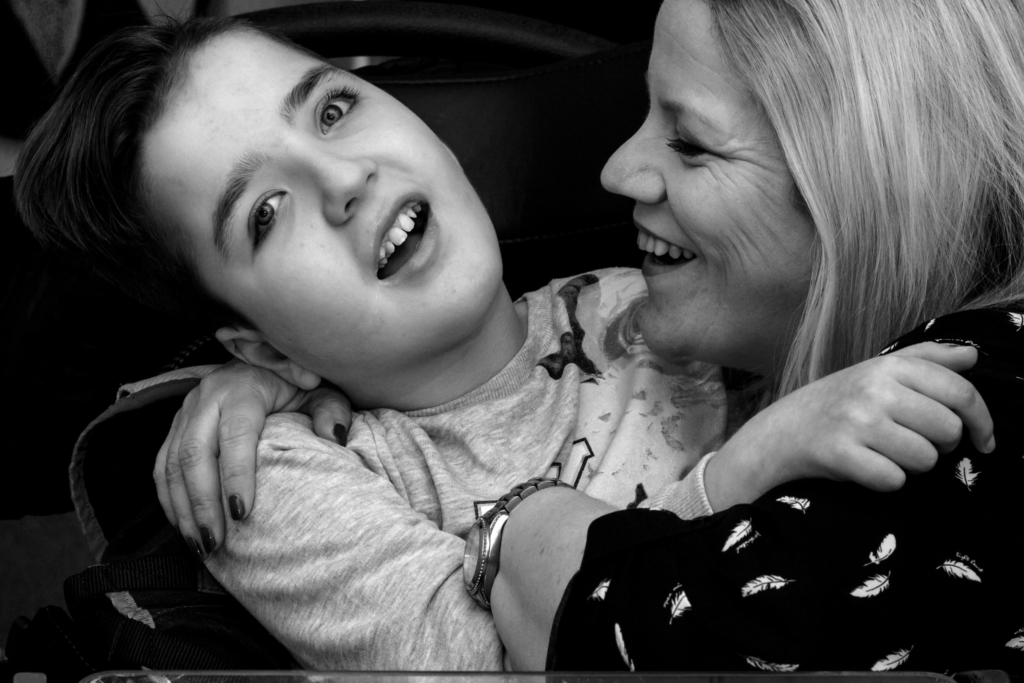

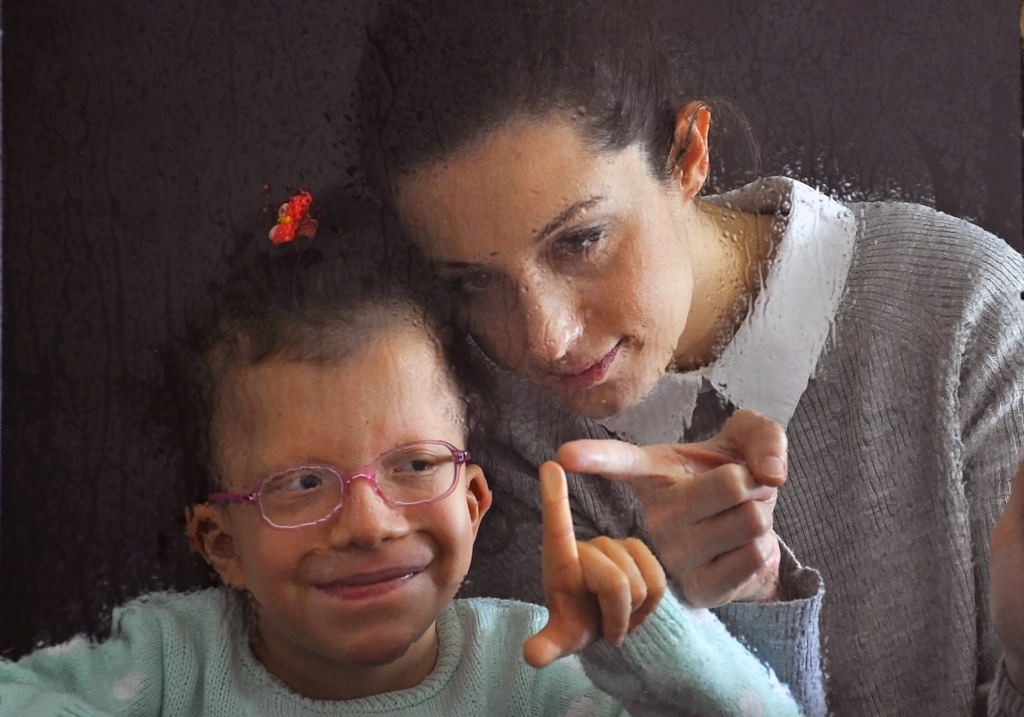
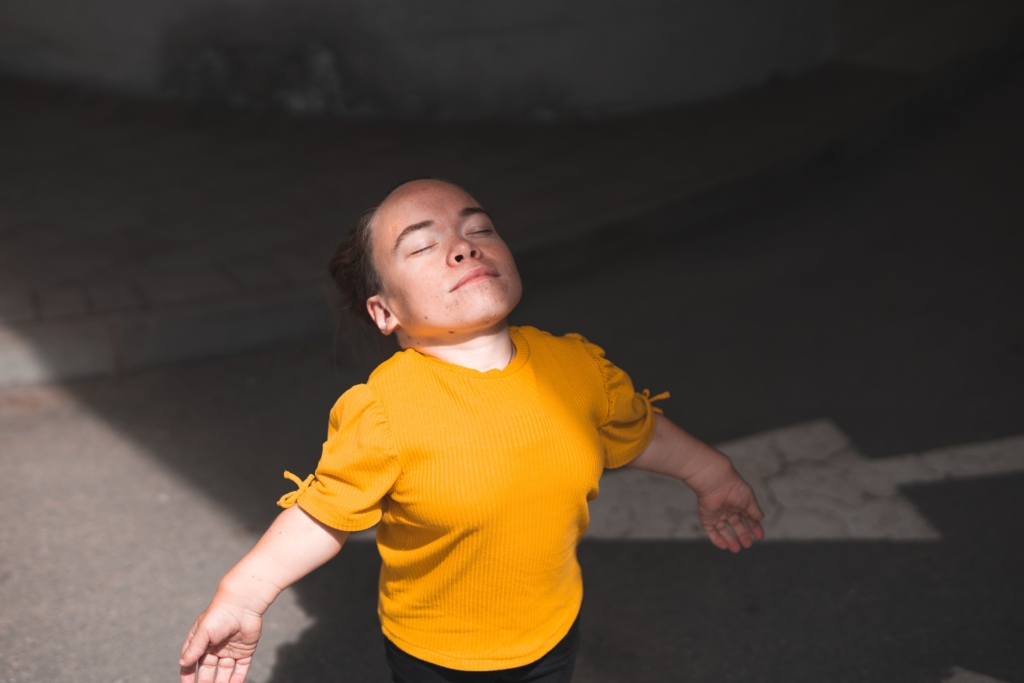
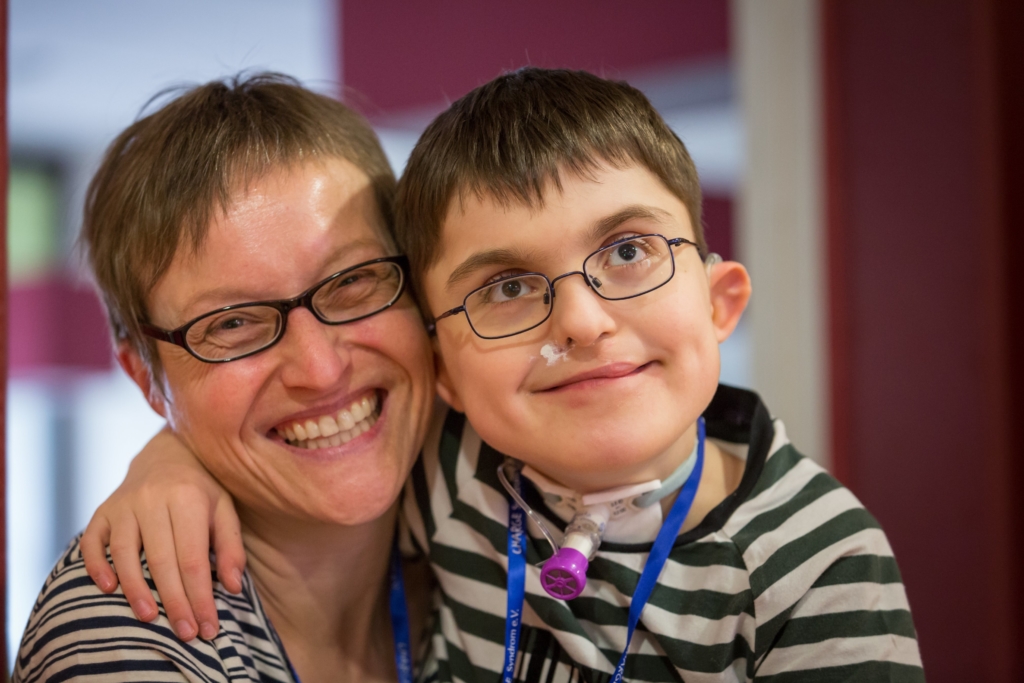

450+ OPEN ACADEMY ALUMNI
(patients and researchers) of the EURORDIS School on Medicines Research and Development since 2008.
NEW CAPACITY BUILDING PROGRAMMES
in the areas of research since 2018 – the EURORDIS School on Scientific Innovation & Translational Research and the Leadership School
CONTRIBUTION TO THE CREATION
of the European Joint Programme on Rare Diseases and the International Rare Diseases Research Consortium (IRDiRC)

